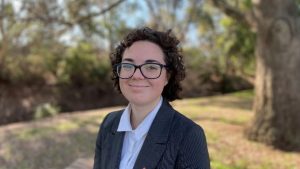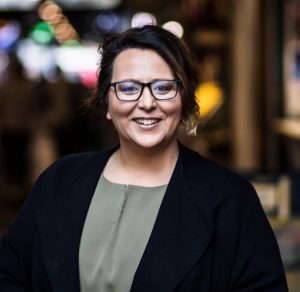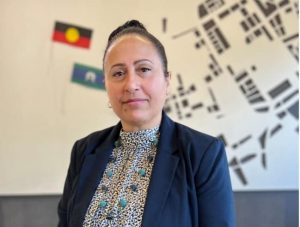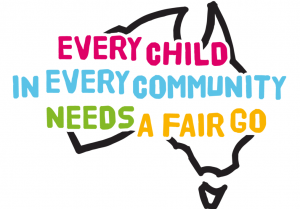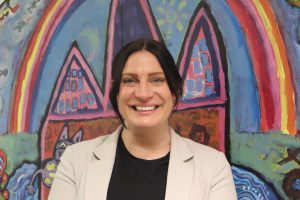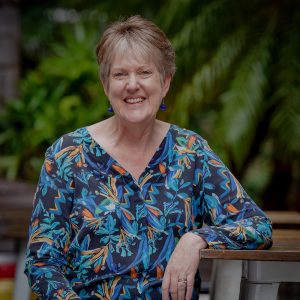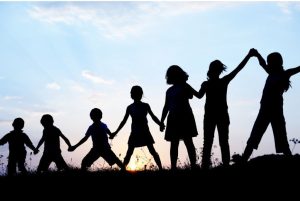
Advocacy requests for children and young people living in state care at all time high
The Guardian for Children and Young People’s 2021-22 Annual Report has revealed that South Australians are requesting advocacy for children and young people in state care at a higher rate than ever.
